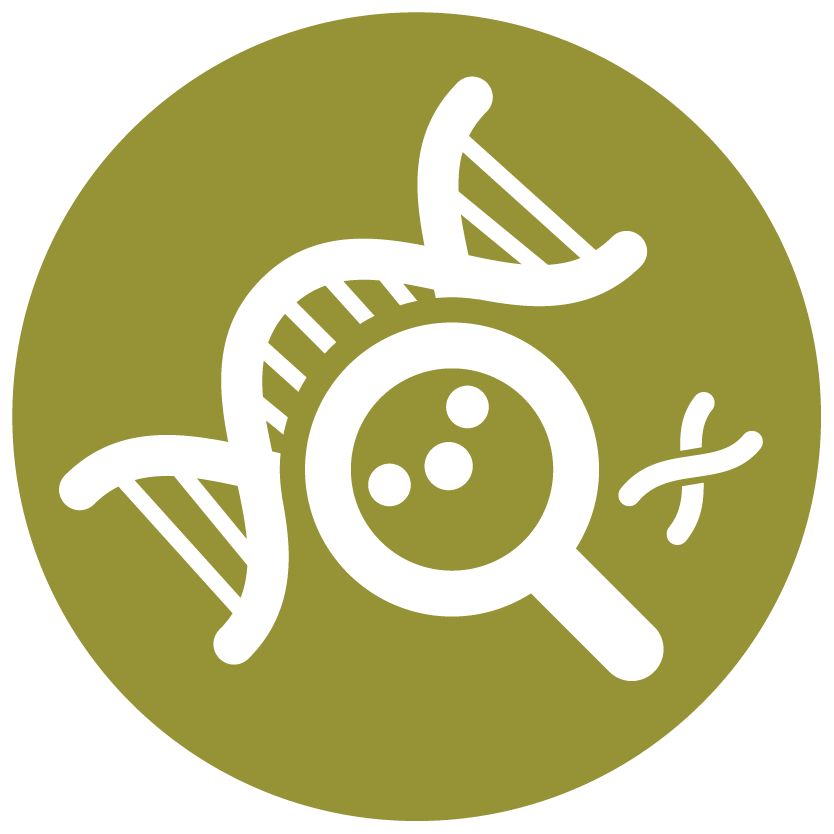Back
Discovery and Basic Research
Session: Rapid Fire: Cells as Carriers of Therapy: From Factories to Hitchhiking
The Cationic Antimicrobial Peptide, D-LAK-120A, as a Potential Anti-cancer Therapeutic for Non-Small Cell Lung Cancer (NSCLC)
Wednesday, October 19, 2022
3:30 PM – 3:45 PM ET
Location: 254 B
.jpg)
Suyash M. Patil
Doctoral Candidate
St. John's University
Jamaica, New York
Rapid Fire Speaker(s)
Antimicrobial peptides (AMPs) have gained interest as anticancer agents due to their high potency and high target selectivity with limited scope for drug resistance. Also, AMPs could inhibit cancer cell proliferation via both membranolytic (membrane disruption) and non-membranolytic (unsettling energy metabolism) pathways. Synthetic linear cationic amphipathic α-helical peptide, D-LAK-120A (D-LAK), is cationic, and shows better biostability and antimicrobial activity in vitro. In this study, we evaluated anticancer efficacy and mechanism of action of D-LAK in various NSCLC cell lines. D-LAK resulted in LDH release, cell cycle arrest, elevation in ROS levels, and mitochondria-mediated apoptosis suggesting inhibition of NSCLC by both membranolytic and non-membranolytic pathways. Furthermore, inhibition of metastatic characteristics and reduction in spheroid growth shows the enhanced anticancer activity of D-LAK against NSCLC in vitro. These results obtained in this study provide preliminary evidence for applying D-LAK as an anticancer agent in a preclinical setup.
Learning Objectives:
- Upon completion, the participant will be able to demonstrate the use of cationic peptides for cancer therapeutics.
- Upon completion, the participant will be able to describe membranolytic and non-membranolytic inhbition pathways of cationic peptides.
- Upon completion, the participant will be able to confirm anticancer activity by different experiments.

